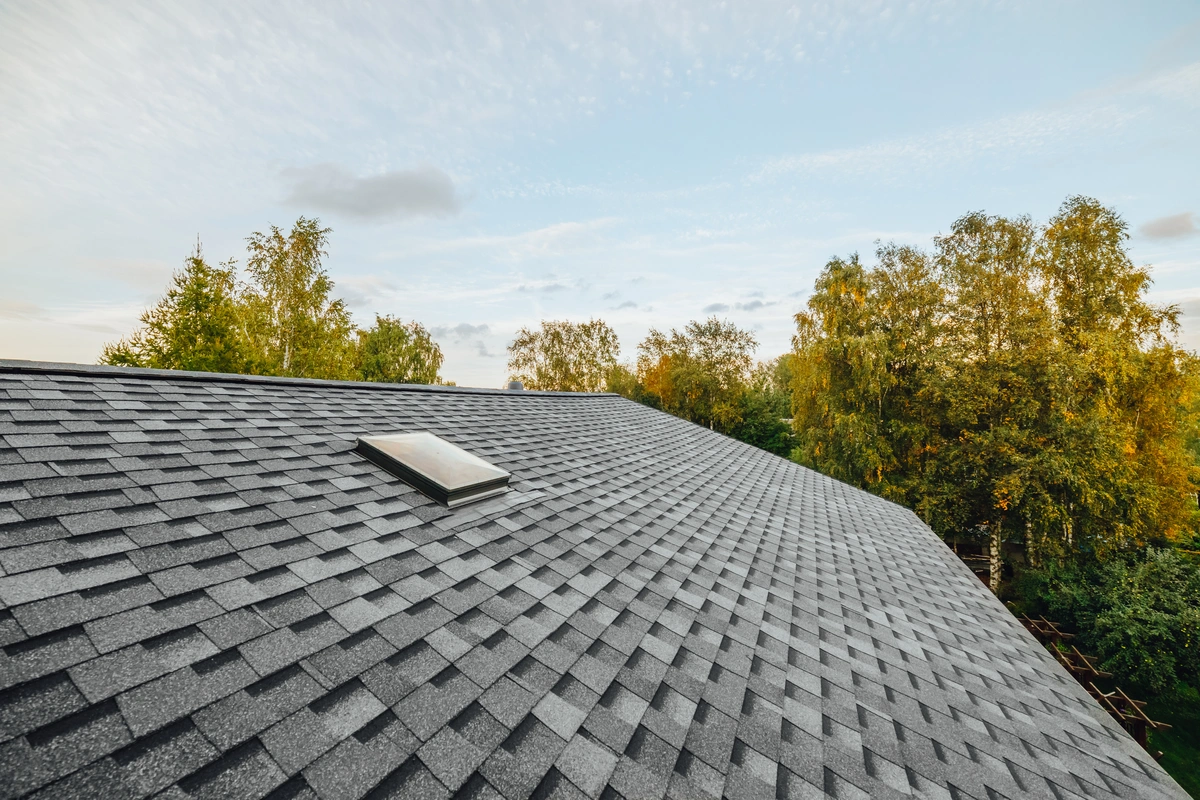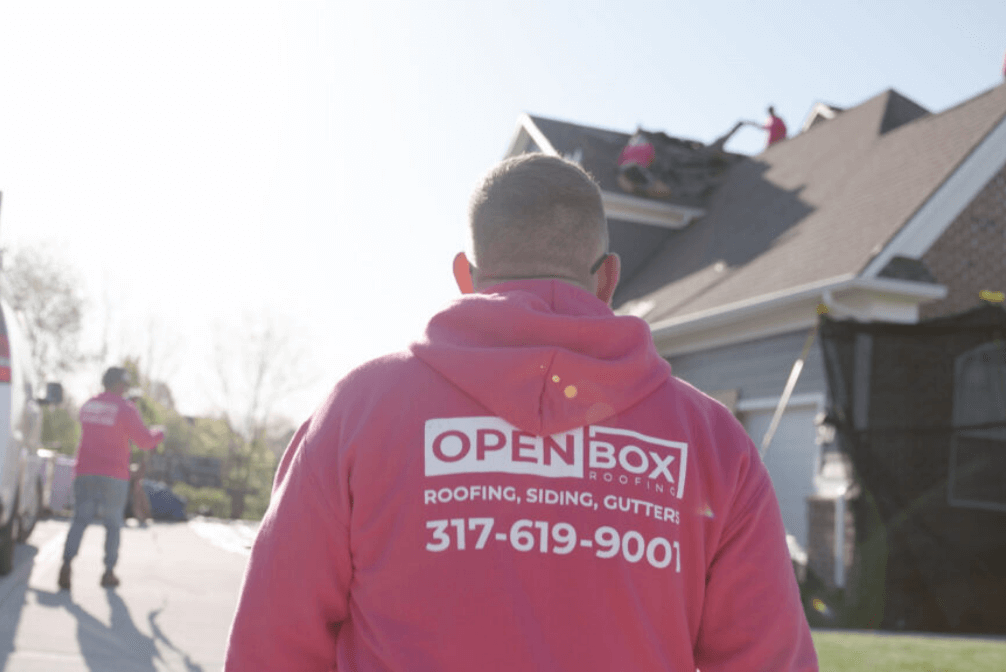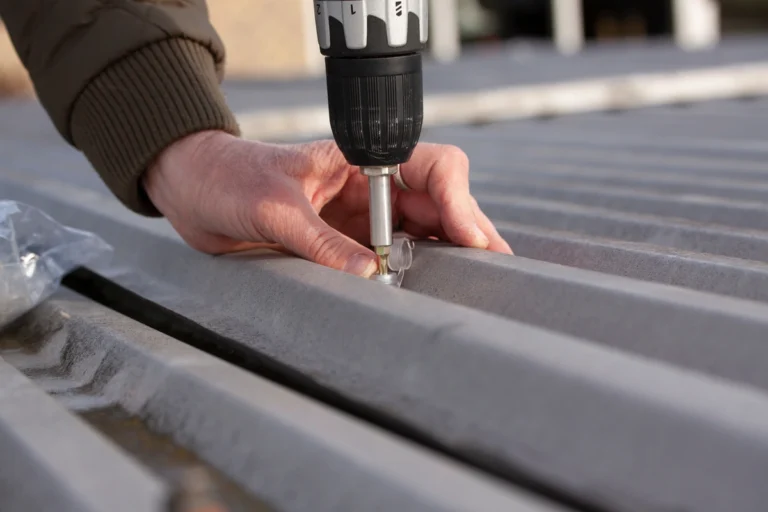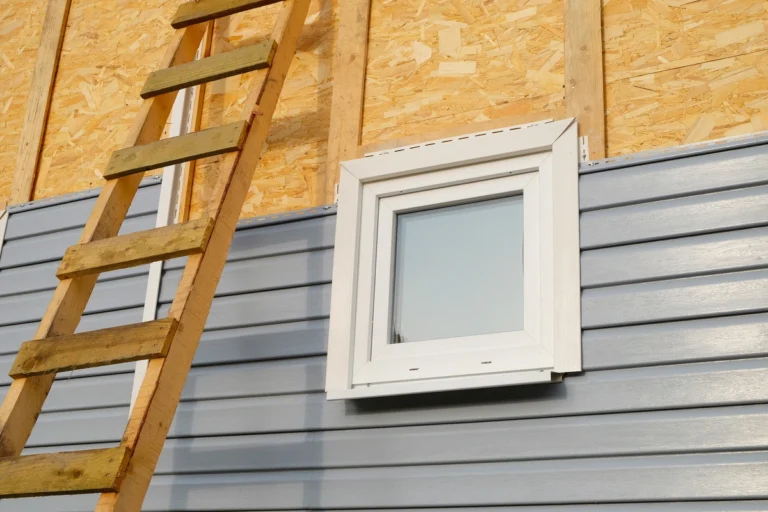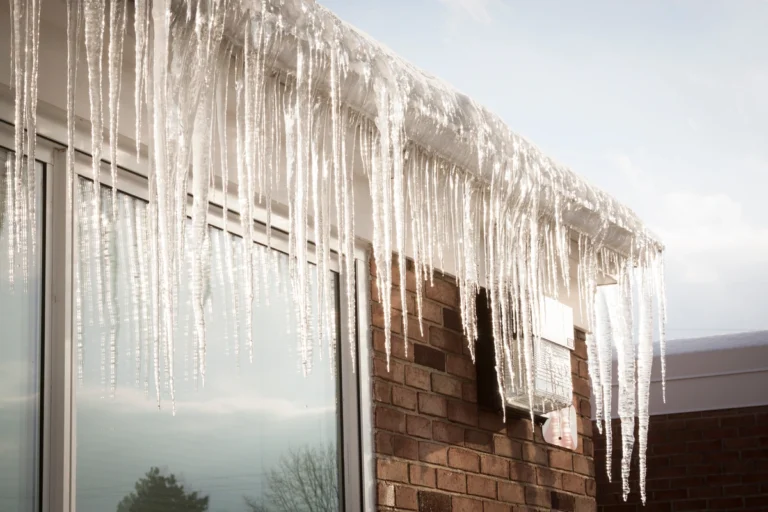When it comes to roofing materials, composite shingles have gained popularity for their durability, versatility, and cost-effectiveness. But are they better than traditional asphalt shingles? And are they right for you?
In this comprehensive guide, we’ll explore:
- What composite shingles are
- Their pros and cons
- Cost considerations
- Lifespan
- The maintenance they require
By the end of this article, you’ll have a clear understanding of whether composite shingles are the right choice for your roofing needs. For more information, reach out to your local roofer.
What Are Composite Shingles?
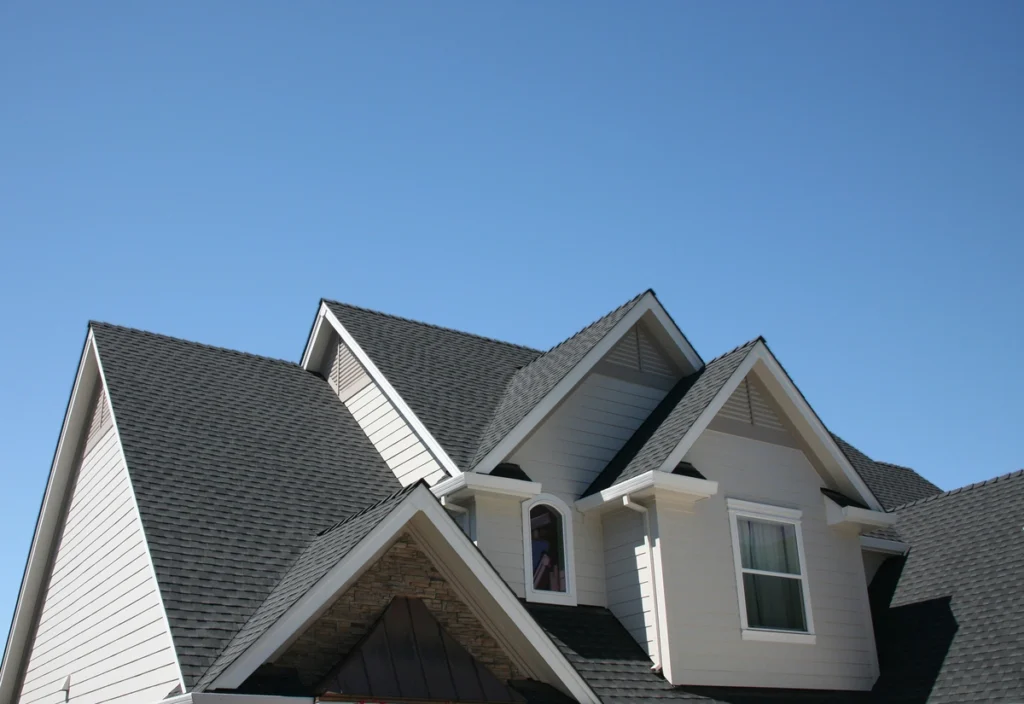
Composite shingles, also known as asphalt or composition shingles, are roofing materials made from a combination of various materials. The primary components typically include asphalt, fiberglass, and mineral granules. These materials are processed and layered to create a shingle that offers both aesthetic appeal and excellent performance.
✅ Pros of Composite Shingles
- Cost-Effective: Composite shingles are one of the most cost-effective roofing options available. They offer a balance between affordability and durability, making them a popular choice for homeowners on a budget.
- Variety of Styles: Composite shingles come in a wide range of styles, colors, and designs, allowing homeowners to choose the perfect look for their home. Whether you prefer a traditional, rustic, or modern appearance, there’s a composite shingle style to match.
- Durability: These shingles are known for their durability and resistance to various weather conditions. They can withstand high winds, rain, hail, and UV radiation, making them suitable for most climates.
- Lightweight: Composite shingles are relatively lightweight compared to some other roofing materials, reducing the structural load on your home. This feature is especially important if your home has an older roof that may not support heavier roofing options.
- Easy Installation: Professional roofing contractors find it relatively easy to install composite shingles. This can save you time and money on labor costs during installation.
- Energy Efficiency: Some composite shingles are designed with reflective properties that can help reduce energy consumption by reflecting sunlight and heat away from your home, keeping your living space cooler in hot weather.
- Low Maintenance: Composite shingles require minimal maintenance over their lifespan, which can save you money on upkeep in the long run.
❌ Cons of Composite Shingles
- Lifespan: While composite shingles are durable, they do not have the same lifespan as some premium roofing materials like metal or slate. On average, composite shingles can last anywhere from 15 to 30 years, depending on factors such as climate and maintenance.
- Environmental Concerns: The production of composite shingles involves the use of petroleum-based products, which raises environmental concerns. However, some manufacturers are working to develop more eco-friendly options.
- Susceptibility to Algae and Moss Growth: In areas with high humidity or frequent rain, composite shingles can be prone to algae and moss growth. Regular cleaning and maintenance can help prevent this issue.
- Not Suitable for Low-Slope Roofs: Composite shingles are better suited for roofs with a steeper slope. They may not perform well on roofs with low slopes, as water can accumulate and cause damage.
How Much Do Composite Shingles Cost?
The cost of composite shingles can vary significantly depending on several factors, including the quality of the shingles, your location, and the size and complexity of your roof. On average, you can expect to pay between $100 and $200 per square (100 square feet) for standard composite shingles.
Higher-end composite shingles with additional features or longer warranties may cost more, often exceeding $300 per square. Keep in mind that installation costs are separate and can also vary based on your location and the contractor you choose.
It’s essential to obtain quotes from multiple roofing contractors to get a better understanding of the total cost for your specific project. Additionally, consider the long-term value of composite shingles compared to their upfront cost, as their durability and low maintenance requirements can save you money over time.
How Long Do Composite Shingles Last?
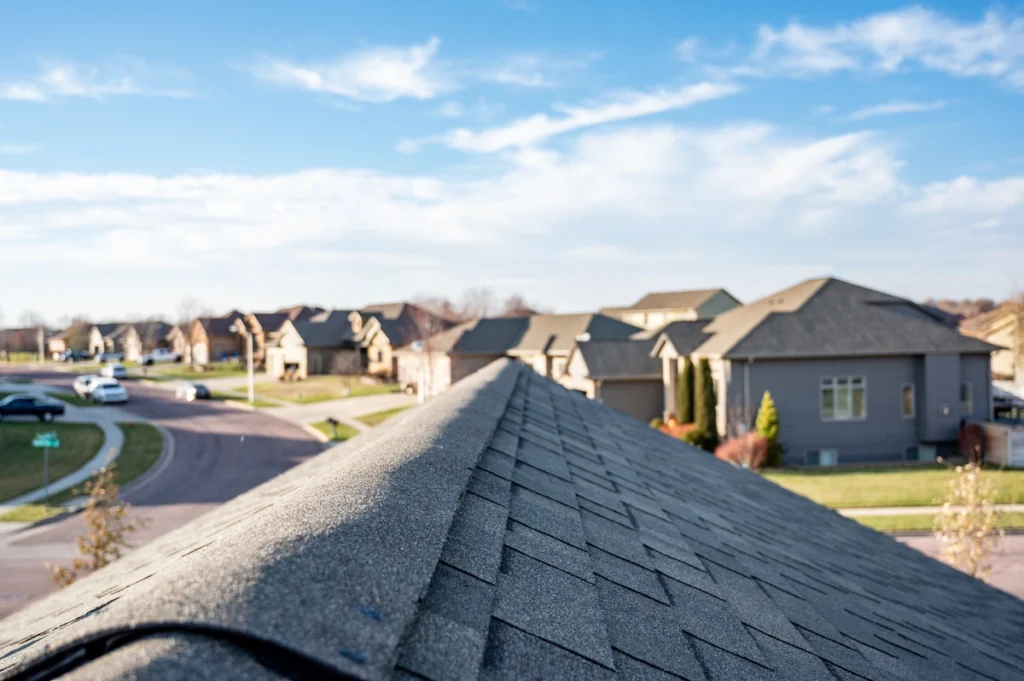
The lifespan of composite shingles depends on several factors, including the quality of the shingles, the local climate, and how well they are maintained. On average, composite shingles can last anywhere from 15 to 30 years. Here are some factors that can influence their longevity:
Quality 👍
Higher-quality composite shingles tend to have a longer lifespan. Investing in premium shingles with enhanced durability can extend the roof’s life expectancy.
Climate 🌎
Extreme weather conditions, such as heavy snowfall, strong winds, or intense heat, can affect the lifespan of composite shingles. Roofing materials in regions with harsh weather may wear out faster.
Maintenance 🧹
Regular maintenance, including inspections, cleaning, and minor repairs, can help prolong the life of your composite shingle roof. Neglecting maintenance can lead to premature deterioration.
Installation 🔨
Proper installation by experienced roofing professionals is crucial to ensure the shingles perform as expected. Incorrect installation can lead to issues that shorten the lifespan of the roof.
To maximize the lifespan of your composite shingle roof, it’s essential to choose high-quality materials, hire a reputable roofing contractor, and perform routine maintenance.
Maintenance Requirements for Composite Shingles
Composite shingles are relatively low-maintenance, but they still require some attention to ensure they perform well over the years. Here are some maintenance tasks to consider:
- Regular Inspections: Inspect your roof at least once a year to check for any signs of damage, loose shingles, or areas that need repair. Look for missing or damaged shingles, cracked seals, and exposed nails.
- Clean Gutters: Keep your gutters clean and free of debris to prevent water backup and potential damage to your shingles.
- Remove Debris: Remove leaves, branches, and other debris from your roof to prevent moisture retention and the growth of algae or moss.
- Algae and Moss Control: If you notice algae or moss growth, consider using specialized products or consulting a professional to safely remove them. These growths can damage shingles if left unchecked.
- Minor Repairs: Address any small issues promptly, such as replacing damaged or missing shingles, sealing leaks, and fixing flashing problems.
- Professional Inspection: Every few years, consider hiring a professional roofing contractor to conduct a thorough inspection and address any issues before they become major problems.
Get Your Roofing Material Installed by A Professional Contractor
Composite shingles offer a cost-effective and versatile roofing option for homeowners looking for a balance between affordability and durability. Properly installing and maintaining composite shingles can provide a reliable and attractive roofing solution that lasts many years. Contact Open Box Roofing today in order to learn more about composite roofing shingles for your home!
